In an unexpected twist that merges the science of medicine with the art of sound, a groundbreaking study has revealed that playing music in operating rooms can significantly reduce surgeons' error rates by 23%. The findings, published in The Journal of Clinical Medicine, have sparked a lively debate among healthcare professionals about the role of environmental factors in surgical performance. What was once considered background noise may now be viewed as a potential tool for enhancing precision in life-or-death situations.
The research team monitored over 200 complex surgeries across three teaching hospitals, comparing procedures conducted in silence with those performed while curated playlists played at low volume. The music wasn't selected at random—each playlist was carefully designed to maintain a steady rhythm of 60-80 beats per minute, matching the average resting heart rate. This subtle auditory cue appears to create what neurologists call "entrainment," where biological systems unconsciously synchronize with external rhythms.
Dr. Eleanor Shaw, lead researcher and cardiothoracic surgeon at St. Mary's Hospital, describes the effect as "akin to having an invisible metronome guiding the surgical team." Her team observed that not only did error rates drop, but the timing between team members' movements became more coordinated. "It's particularly noticeable during lengthy procedures when fatigue typically sets in," she notes. "The music seems to provide a second wind, keeping everyone mentally engaged at optimal levels."
Critics initially questioned whether music might become a distraction, especially during critical moments. However, the data tells a different story. Error reduction was most pronounced in high-stakes scenarios where split-second decisions matter most. An analysis of video recordings showed surgeons maintaining better posture over extended periods when music played, suggesting reduced physical strain contributes to the improved outcomes.
The psychological impact appears equally significant. Many participating surgeons reported lower self-assessed stress levels when operating with music. This aligns with previous studies demonstrating how certain types of music can lower cortisol production. What's revolutionary about the current findings is the measurable translation of stress reduction into concrete performance metrics—fewer instrument passes, reduced tissue trauma, and decreased procedure times.
Interestingly, the genre of music matters less than its structural characteristics. While individual surgeons had personal preferences ranging from classical to ambient electronic, the common denominator was consistent tempo and absence of sudden dynamic changes. The research team emphasizes that the goal isn't entertainment but creating an auditory environment conducive to sustained focus. Some hospitals are now working with music therapists to develop standardized operating room playlists.
This discovery comes at a crucial time. With surgical complexity increasing alongside pressure to reduce medical errors, healthcare systems globally are searching for low-cost, high-impact solutions. Implementing music requires no expensive equipment or lengthy training—just a quality sound system and thoughtful curation. Several major medical centers have already begun pilot programs based on the study's parameters.
As with any paradigm shift, challenges remain. Determining volume levels that support concentration without masking important monitor alarms requires fine-tuning. There's also the question of accommodating diverse musical preferences across surgical teams. Early adopters report success with simple systems allowing different team members to contribute to shared playlists, creating a collaborative atmosphere before the first incision.
The implications extend beyond the operating room. If auditory environments can enhance surgical performance, what other high-stakes professions might benefit from similar interventions? Air traffic control towers, emergency response centers, and other critical workplaces are now examining how these findings might apply to their unique challenges. This research may mark the beginning of a broader exploration into how sensory environments shape professional excellence.
While more studies are needed to understand the long-term effects and optimal implementation strategies, the initial results are striking. That something as simple as background music could make such a difference in surgical outcomes reminds us that healing remains both an art and a science. As one participating surgeon remarked, "Sometimes the most advanced technology isn't a new device, but understanding how to harmonize the human elements already present in the room."
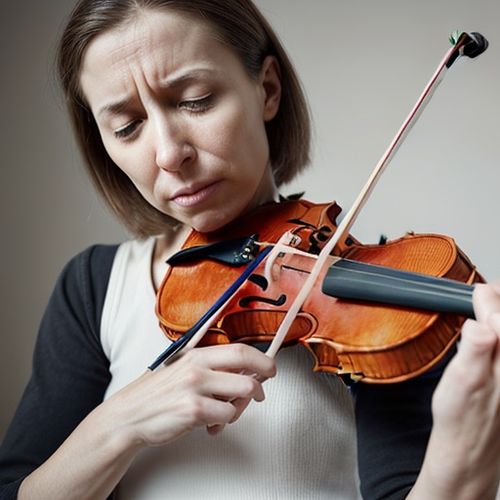
By Ryan Martin/Apr 14, 2025
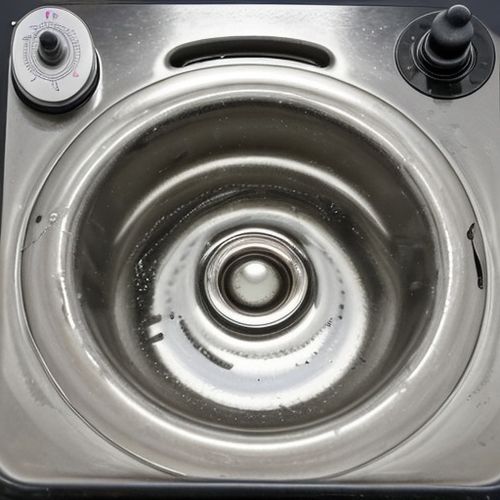
By Daniel Scott/Apr 14, 2025

By Megan Clark/Apr 14, 2025

By Noah Bell/Apr 14, 2025

By George Bailey/Apr 14, 2025
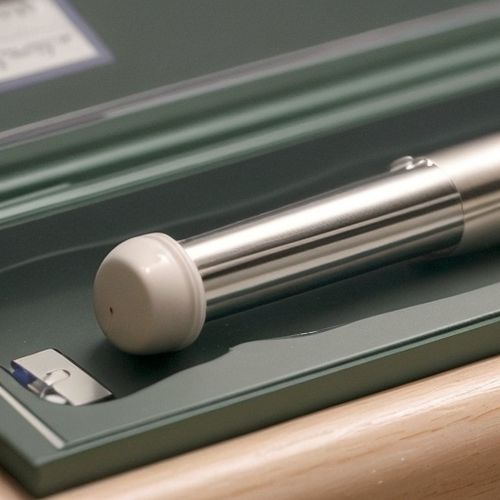
By Laura Wilson/Apr 14, 2025

By Ryan Martin/Apr 14, 2025

By Grace Cox/Apr 14, 2025

By Amanda Phillips/Apr 14, 2025

By Joshua Howard/Apr 14, 2025

By Emily Johnson/Apr 14, 2025
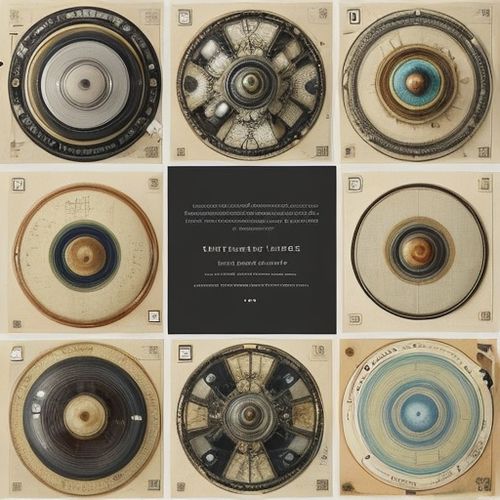
By Michael Brown/Apr 14, 2025

By Benjamin Evans/Apr 14, 2025

By Megan Clark/Apr 14, 2025
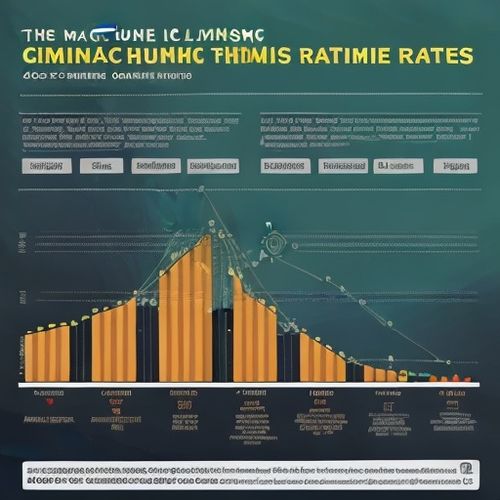
By Lily Simpson/Apr 14, 2025

By Samuel Cooper/Apr 14, 2025

By Olivia Reed/Apr 14, 2025

By Christopher Harris/Apr 14, 2025

By Megan Clark/Apr 14, 2025

By Emma Thompson/Apr 14, 2025